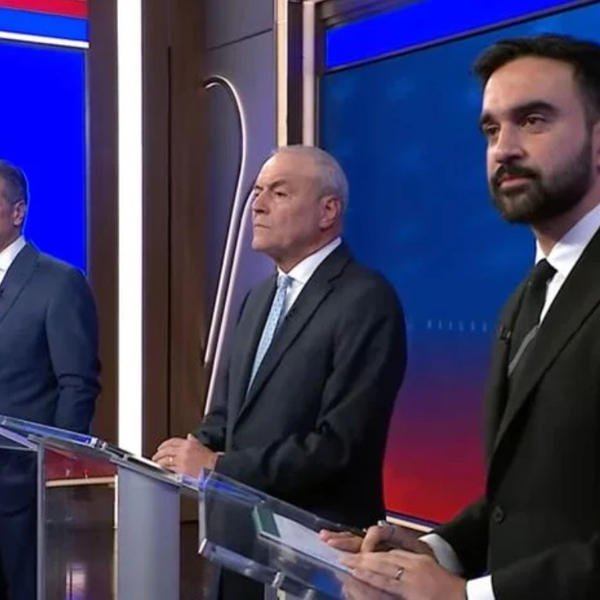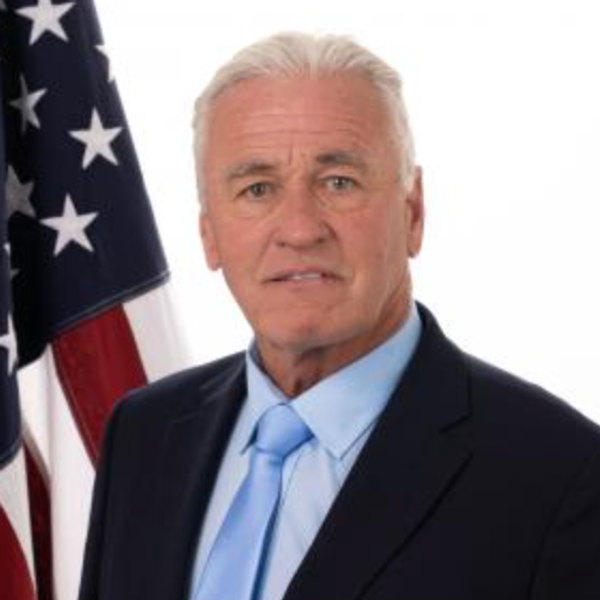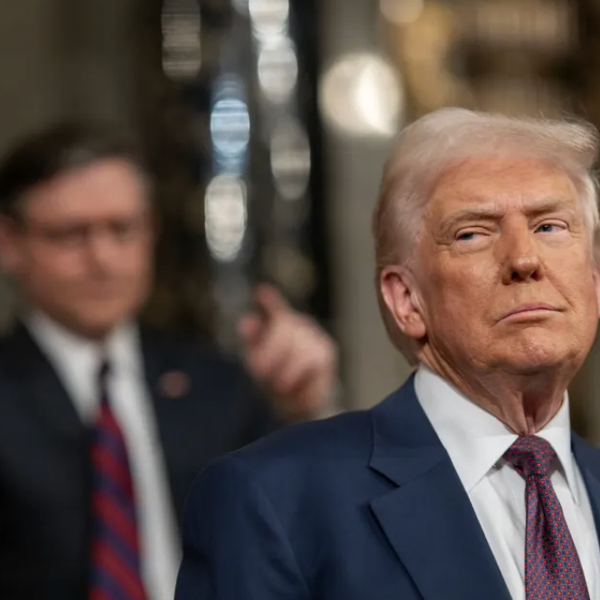
By Shashank Bengali, Los Angeles Times
BAGHDAD — Secretary of State John F. Kerry arrived in Baghdad on Monday for talks with Prime Minister Nouri Maliki and other senior officials as the Iraqi government faces a political crisis that has bred a violent Islamist insurgency.
Kerry’s unscheduled visit comes after the Islamic State of Iraq and Syria militant group drove government forces out of a series of border crossings over the weekend, expanding its control over a wide swath of territory that extends from Syria across northern Iraq to within an hour’s drive of Baghdad.
President Barack Obama has said he would send up to 300 military advisers to help Iraqi forces battle the militants, who have also seized the strategic northern city of Mosul. Obama is also said to be considering targeted airstrikes.
But administration officials do not believe that the Iraqi military can retake significant amounts of the territory without the installation of an inclusive new government in Baghdad that would reach out to minority Kurds and Sunni Muslims, whose grievances with Maliki’s Shiite-dominated government have helped fuel the insurgency.
“This is a critical moment where together we must urge Iraq’s leaders to rise above sectarian motivations and form a government that is united in its determination to meet the needs and speak to the demands of all of their people,” Kerry said in Cairo on Sunday following talks with Egyptian President Abdel Fattah Sisi.
Last week, Iraq’s most influential cleric, Grand Ayatollah Ali Sistani, called on Iraqi leaders to form an “effective government” that would overturn “past mistakes.” Although Sistani did not mention Maliki by name, the remarks were seen as a rebuke of the two-term prime minister because the revered Shiite cleric is usually cautious in his political pronouncements.
Though Kerry is not expected to ask Maliki to step aside, U.S. officials are said to be seeking a way to have the divisive Iraqi leader replaced, likely with another politician from Iraq’s Shiite majority who would be acceptable to Sunnis and Kurds.
Maliki, whom the George W. Bush administration plucked from near-obscurity to support for prime minister eight years ago, has amassed near total control of Iraqi security agencies, installed allies in key judiciary positions and jailed hundreds of Sunni citizens and political figures without trial.
But Maliki, whose political bloc won a plurality of seats in April parliamentary elections, does not appear ready to step down. His supporters say it would be dangerous to replace him while the country is at war with ISIS.
On Sunday, Iran’s supreme leader, Ayatollah Ali Khamenei, accused the United States of exploiting Iraq’s sectarian rivalries in a bid to reassert control over a country that U.S. troops withdrew from two and a half years ago. Kerry rejected any suggestion of U.S. meddling.
“It is up to the people of Iraq to choose their future leadership,” he said in Cairo. “But we do note that the Kurds have expressed dissatisfaction with the current situation, the Sunni have expressed dissatisfaction with the current situation, and some Shia have expressed dissatisfaction. … So I think we are completely in sync with the people of Iraq, certainly with the expressed comments of various leaders.”
AFP Photo/Fadi Arouri








